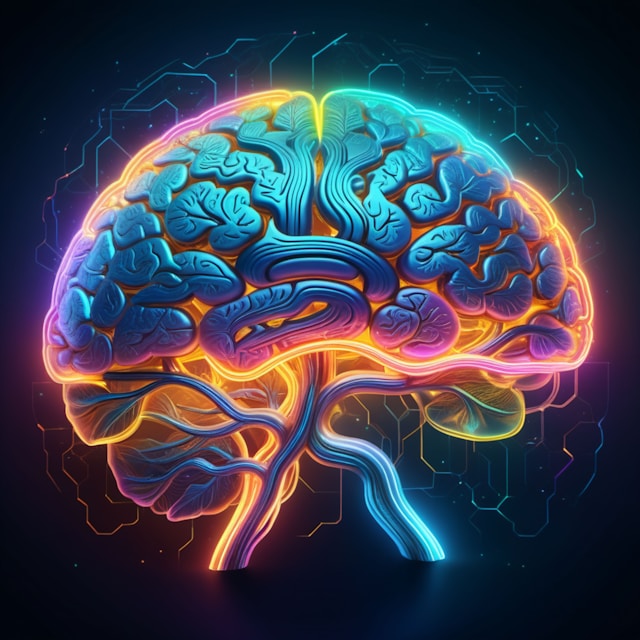Artificial Intelligence Ethics and Regulation: Navigating the Future Responsibly
Artificial intelligence (AI) is transforming industries, societies, and economies at a pace previously unimaginable. From healthcare advancements to autonomous vehicles and data analytics, AI is shaping the future. However, as we embrace the benefits of AI, ethical concerns are rising to the surface, demanding thoughtful regulation to ensure responsible development and use. It’s not just about building smarter systems; it’s about creating a future where AI serves humanity without compromising core values like privacy, fairness, and accountability.
Why AI Ethics Matter
AI ethics is crucial because the decisions made by AI systems can have far-reaching consequences. Algorithms increasingly decide who gets hired, who qualifies for loans, and even who gets medical treatment. But unlike humans, AI lacks moral judgment. It relies on the data it’s fed, which can be biased or incomplete. If AI systems are developed without ethical consideration, they risk perpetuating or even amplifying existing biases and inequalities.
Consider facial recognition technologies. These systems have been found to misidentify people of color at significantly higher rates compared to white individuals, leading to concerns about racial profiling and discrimination. If left unchecked, AI could unintentionally reinforce societal biases, making ethical oversight not just important, but essential.
Privacy and Data Protection
One of the most pressing ethical concerns surrounding AI is the issue of privacy. AI systems often require massive amounts of data to function effectively, and this data is typically drawn from personal information. The question is: how much data should we allow these systems to collect, and how should that data be used?
Many people are unaware of the sheer volume of personal information that companies are gathering through AI, from browsing habits to voice recognition assistants in our homes. Without stringent data protection measures, we risk creating a world where individuals have little to no control over how their information is used or shared. Regulations like the European Union’s General Data Protection Regulation (GDPR) are a step in the right direction, but more global standards are needed to ensure consistent protection.
Accountability in AI Decision-Making
Another ethical challenge is accountability. When AI systems make decisions, who is responsible if something goes wrong? In traditional systems, it’s clear who is accountable—whether it’s a doctor prescribing a treatment or a banker approving a loan. But with AI, responsibility becomes blurred. If a self-driving car causes an accident, is the developer, the manufacturer, or the AI itself accountable?
This lack of clarity makes it difficult to assign blame or correct issues when they arise, and it’s a problem that will only grow as AI becomes more autonomous. Clear regulations are needed to define accountability for AI systems, ensuring that when things go wrong, there’s a path for recourse.
The Role of Regulation
While AI offers tremendous potential, its rapid development demands comprehensive regulation to ensure ethical practices are upheld. The problem is that technology is evolving far faster than regulation can keep up. Governments and regulatory bodies are struggling to address the ethical concerns of AI while fostering innovation. Striking a balance between these two priorities is one of the biggest challenges we face.
International cooperation is key here. AI development is not confined to national borders. It is a global phenomenon, which means that regulating it requires coordinated efforts across countries and industries. Some nations, like the EU, have already begun establishing AI frameworks that address ethical concerns, but these efforts need to expand globally.
Ethical AI Development: The Way Forward
To create an ethical future with AI, businesses, governments, and tech developers must work together. AI should be transparent, with clear explanations of how decisions are made, especially in critical areas like healthcare, justice, and finance. Building diverse teams of AI developers can help reduce bias, ensuring that AI systems reflect the diversity of the societies they serve.
Finally, regulation needs to be proactive, not reactive. Too often, rules are implemented after damage has been done. To avoid repeating past mistakes, regulators should anticipate the potential risks of AI and implement safeguards accordingly.
AI ethics and regulation are no longer optional considerations. They are vital to ensuring that the AI systems of tomorrow benefit everyone fairly and equitably. As we move further into the AI-driven future, we must constantly ask ourselves: are we building a world we want to live in? Because once AI systems are fully entrenched in our societies, reversing course may not be easy.
The responsibility lies with us today, to shape an AI future that serves humanity, respects individual rights, and promotes fairness across the globe.




